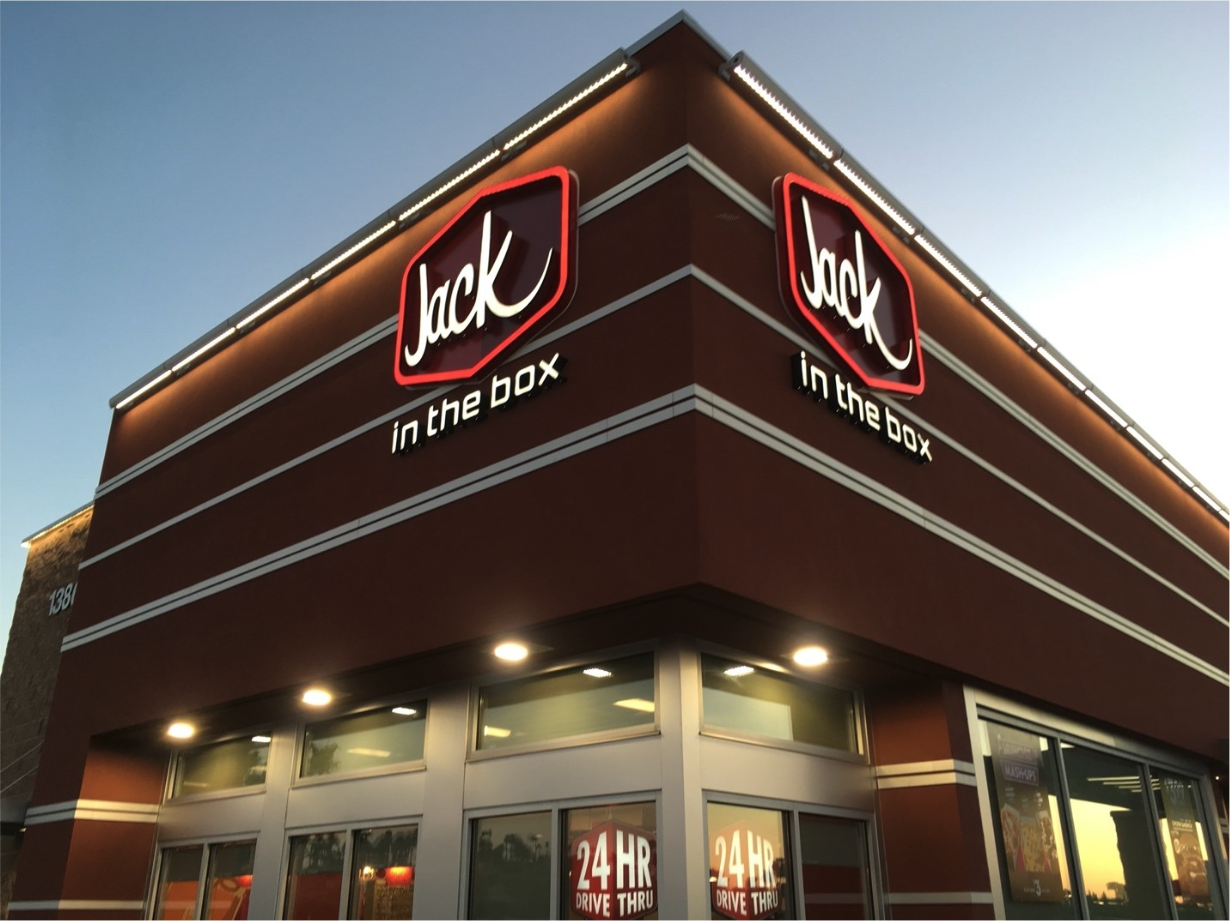August 28, 2023
Franchisees to Franchisors

The path of dedication can be a climb, but one that is well worth the view. To be a master of your craft you must start somewhere, as they say, and the payoff comes from the honest effort of learning your discipline. From trainee to trainer, temp to tenure, student to sensei, the difference between mentor and mentee usually comes down, simply put, to time on the job.
When it comes to franchisees within the quick-service industry, there’s a similar protégé type trajectory until franchisee becomes franchisor. Esteemed franchisees of prominent brands like Yum! Brands and Jack in the Box have ventured into purchasing their own concepts, aiming to diversify their portfolio, and put their expertise to the test.
From Growing Pains to Gains
Ampex Brands, a franchisee based in Texas that operates chains such as Pizza Hut, KFC, Taco Bell, and 7-Eleven, made significant acquisitions in 2022 and 2023, acquiring Au Bon Pain from Panera and Bellagreen. With these new ventures, Ampex Brands took on the role of a franchisor for the first time in its 16-year history, operating with more than 500 units.
Tabbassum Mumtaz, the CEO of Ampex Brands, acknowledges that the transition comes with its share of “growing pains.” He emphasizes that understanding the distinction between the franchisor and franchisee systems is often the most significant hurdle that companies face.
Mumtaz explains that being a franchisor involves more than just collecting royalties; it entails a multitude of responsibilities that only a true sensei could manage. These include sourcing products, developing and marketing new offerings, ensuring franchisees’ satisfaction, collecting sales information, and many other crucial tasks.
Despite the increased responsibilities, Mumtaz expresses that growth has provided invaluable learning opportunities and experiences. Although Ampex Brands earns $500 million in annual revenue through its Yum! holdings and 7-Eleven locations as a franchisee, Mumtaz sought a different approach to the future direction of his company.
Mumtaz states that the limited scope for growth within the franchise concept motivated them to either purchase a franchise or create their own unique concept. This motivated their decision to transition from franchisee to franchisor.
A Balancing Act
Finding the balance between being a franchisor and a franchisee is a “humbling experience” for Mumtaz. He believes that learning from each branch within their organization is crucial. As a result, they have adopted aspects from their various brands and implemented them to facilitate continuous learning.
Operationally, the brands are separated based on their strengths to maintain simplicity. However, Mumtaz emphasizes the importance of cross-training and weekly newsletters to establish connections among the brands, as well as strategically locating their units in close proximity to each other.
Yadav Enterprises, the largest Jack in the Box franchisee and a significant investor in the ownership group of TGI Fridays, has followed a similar protégé to sensei path to Ampex Brands by acquiring Taco Cabana in 2021. Yadav Enterprises also operates franchises of Denny’s, El Pollo Loco, and Corner Bakery Café, with approximately 340 locations spread across Northern California, Texas, and six Midwestern states. They purchased the 148-unit Taco Cabana business for $85 million and acquired a controlling interest in Nick the Greek the previous year.
Anil Yadav, CEO of Yadav Enterprises, shares similar sentiments about the authority shifts involved in graduating from franchisee to franchisor. However, he asserts that the execution of responsibilities remains unchanged.
While the standards may not differ, both Yadav and Mumtaz acknowledge the pressure that comes with becoming a franchisor. Yadav believes that as a franchisor, the responsibility for successes and failures rests squarely on their shoulders. He highlights the difference in mindset and culture between public and private currency and how it affects capital needs. Once Yadav adjusted his outlook and recognized the shift in duties, finding balance within Yadav Enterprises’ portfolio became seamless.
Share this:












